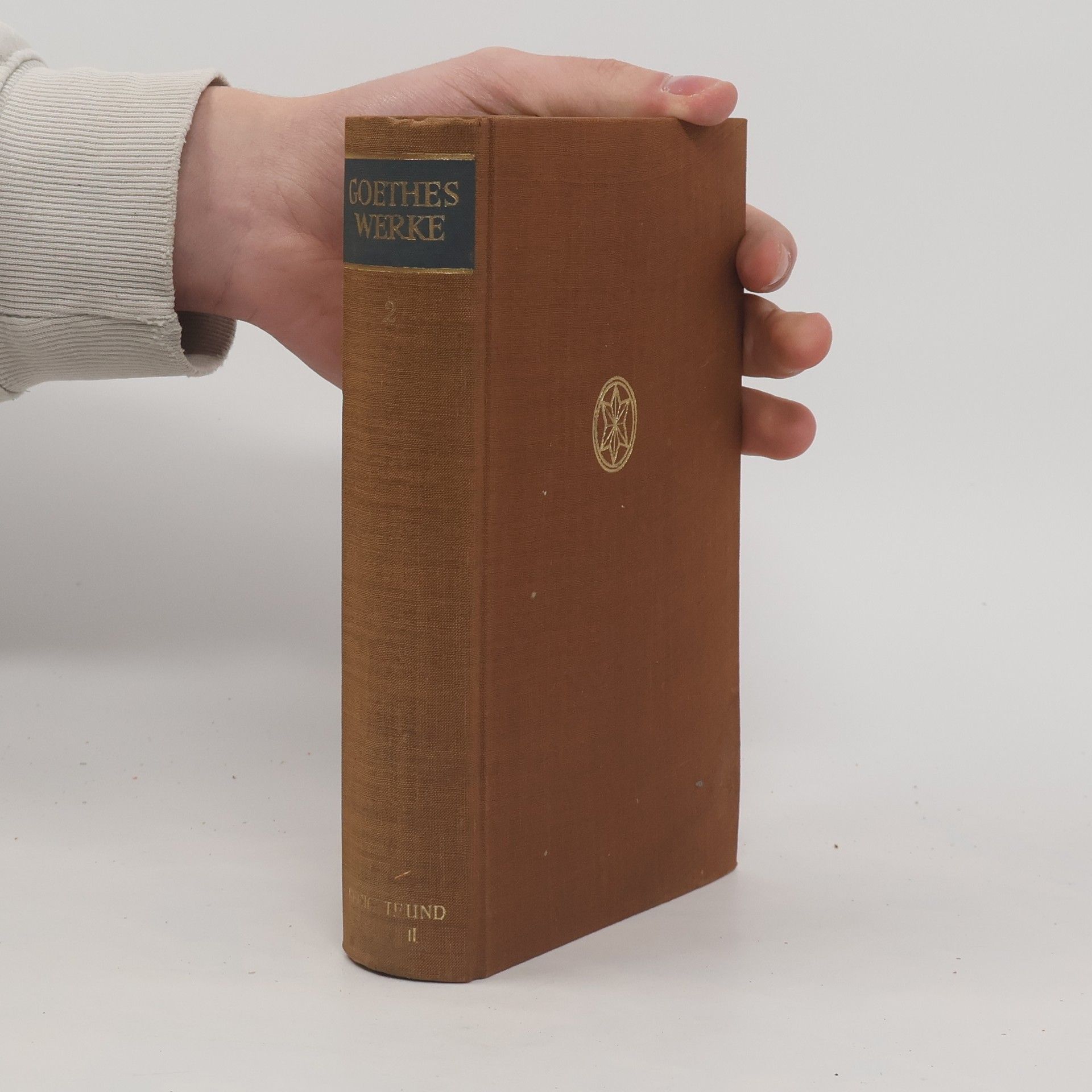Erich Trunz Orden de los libros (cronológico)

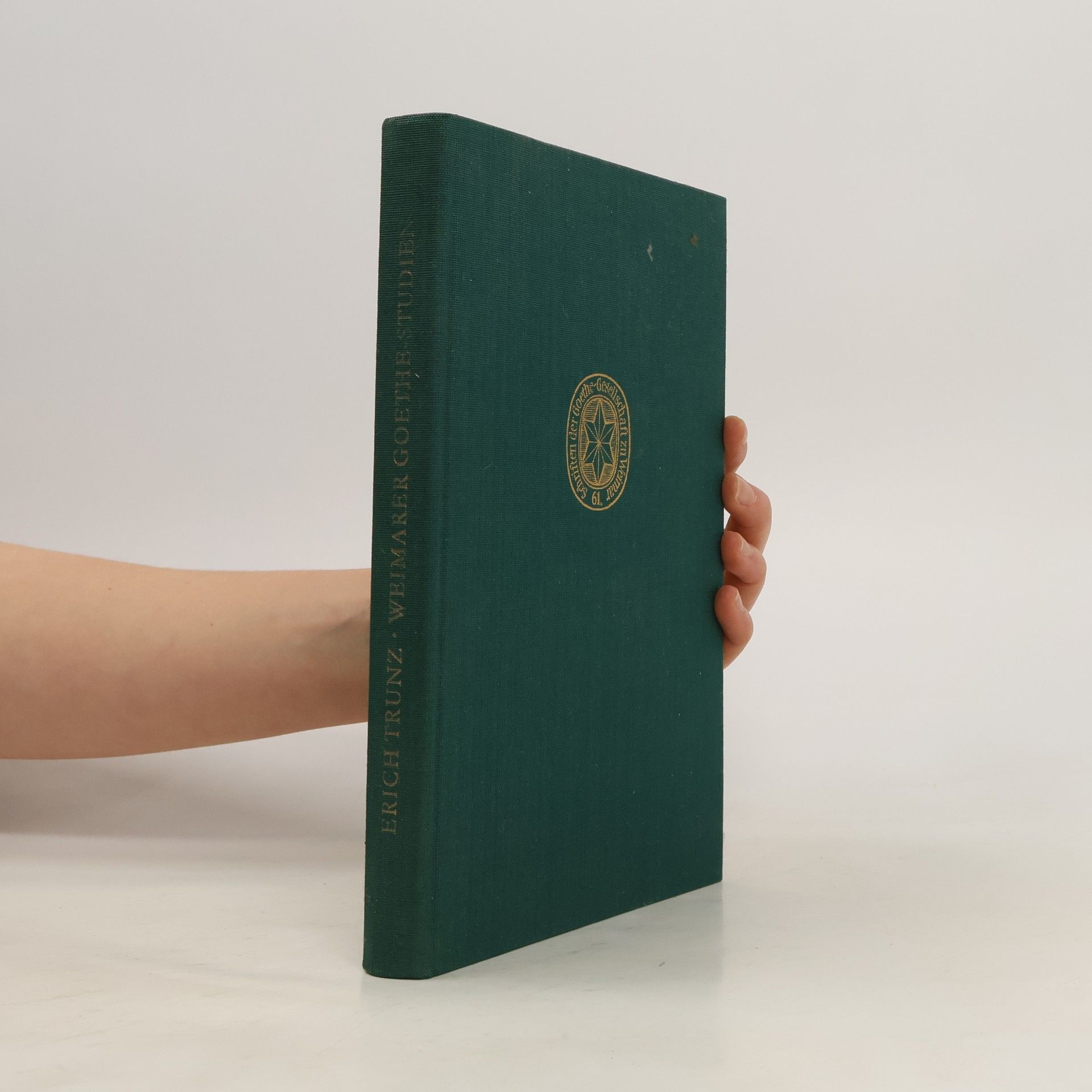
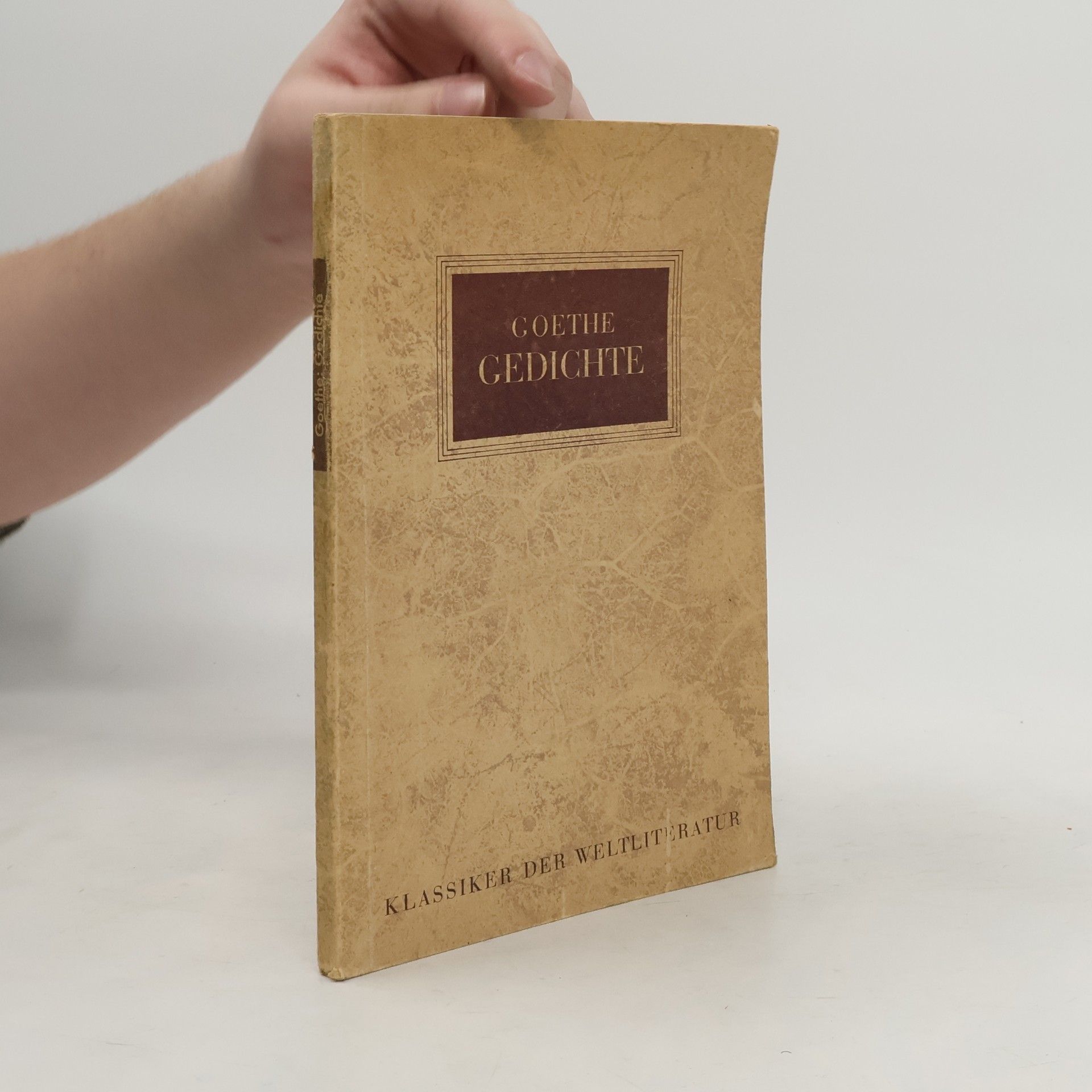
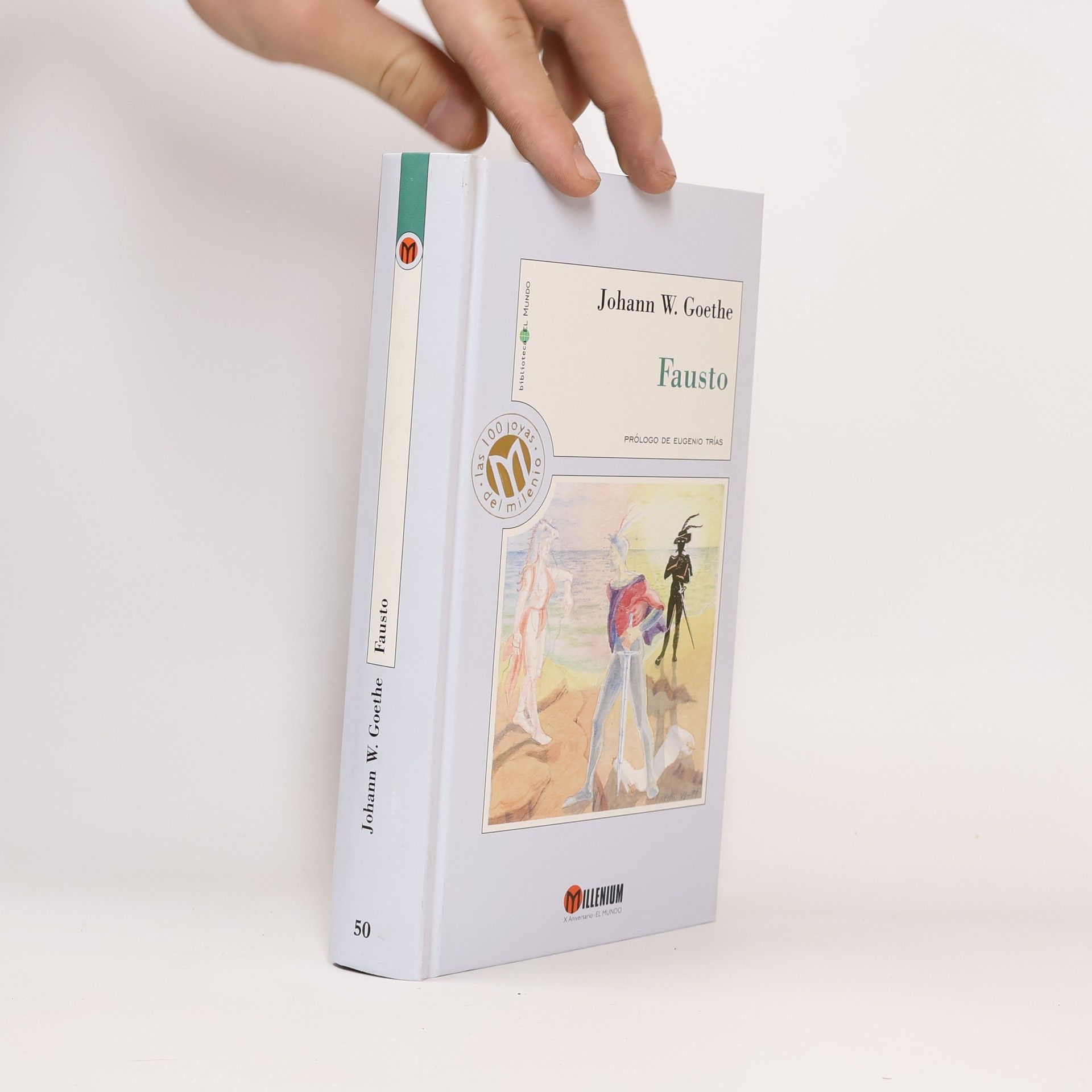
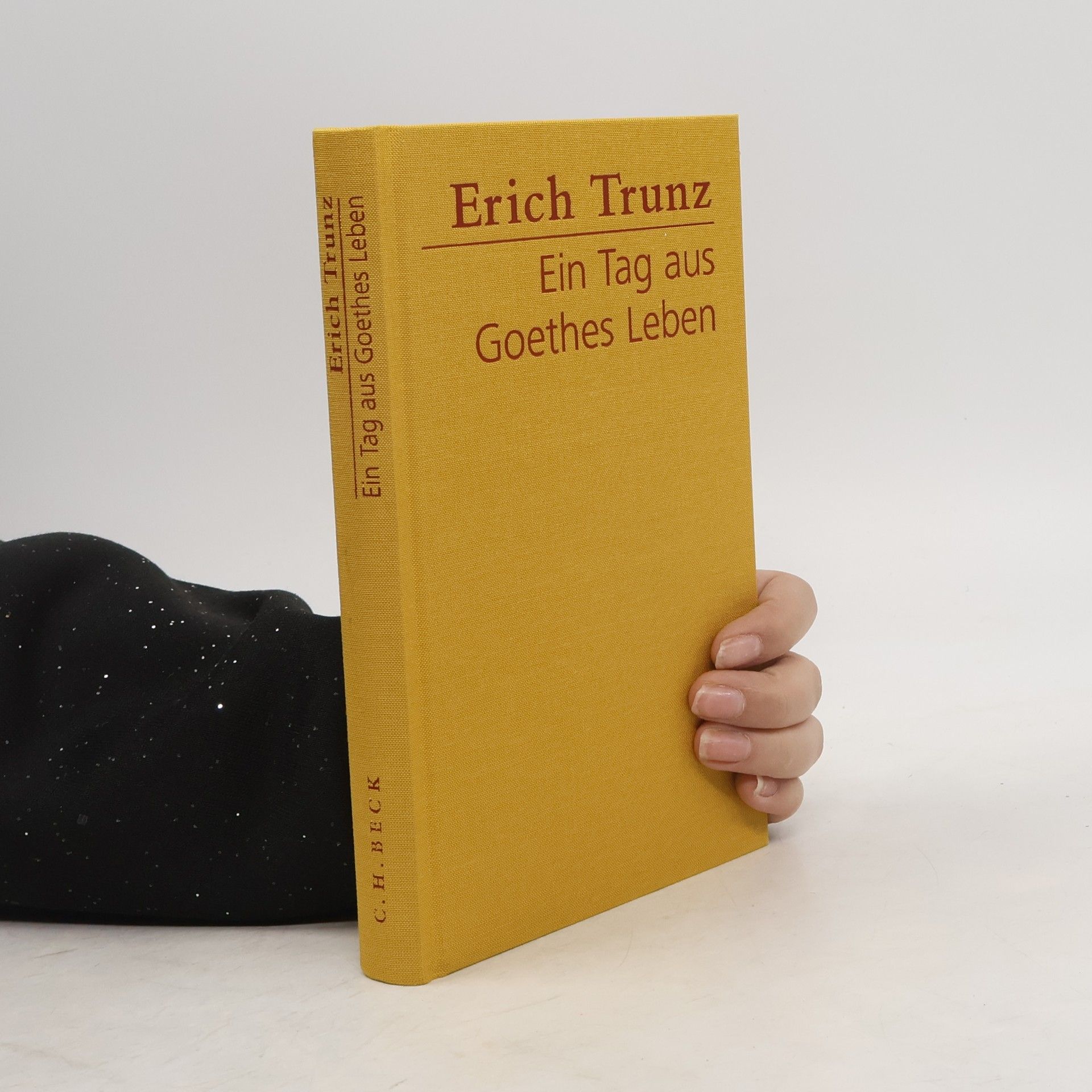

Deutsche Literatur zwischen Späthumanismus und Barock
- 391 páginas
- 14 horas de lectura
Text in neuer Rechtschreibung. Seit 1952 bereits führt Reclam die preisgünstige und handliche Ausgabe der bedeutendsten und bekanntesten Gedichte Schillers im Programm. Zeit für eine Generalüberholung! Die neue Auswahl entspricht dem seit den Fünfzigern gewandelten Schiller-Bild. Die Texte haben eine solide philologische Grundlage und sind mit Verständnishilfen versehen. Das Allerwichtigste aus Schillers Lyrik, für die nächsten 50 Jahre mindestens.
Edición completa de Faust 1 y 2, acompañada de un extenso anexo que complementa la obra. Ideal para quienes desean explorar en profundidad esta clásica tragedia de Goethe.
Ein Tag aus Goethes Leben
- 194 páginas
- 7 horas de lectura
Dieses Buch will dem Fachmann wie dem Literaturliebhaber einen Zugang zu Goethes Leben und Werk eröffnen. In der ersten der hier versammelten acht Studien - die dem Band zugleich seinem Namen gab - erleben wir einen Tag aus Goethes Leben, alltägliche Verrichtungen und die Ereignisse des 12. April 1813. Der detailreiche Bericht liest wie eine Erzählung, er ist jedoch aus genauester Quellenkenntnis und einer lebenslangen Beschäftigung mit Goethe erwachsen. Die weiteren Studien zeigen ihn im Familien- und Freundeskreis, als Sammler, Schriftsteller und Naturforscher. Den Abschluß bildet ein Bericht des Verfassers aus der Werkstatt der Hamburger Goethe-Ausgabe. Das Buch bietet einen ungewöhnlichen Einblick in Vielfalt und Einheit von Goethes Leben und Schaffen. „Erich Trunz hat sich ein Leben lang mit Goethe beschäftigt, und das ist diesen Arbeiten in jeder Zeile anzumerken. Trunz beschaut und beschreibt Goethe mit dem Blick eines Freundes, doch niemals indiskret und niemals ohne eine taktvolle Distanz.“ Eckart Kleßmann, FAZ „Wer über Goethes Alltag Bescheid wissen will, liest von den vergnüglichsten wie wissenswertesten Dingen in dem 1990 erstmals gedruckten Buch Ein Tag aus Goethes Leben.“ Hajo Steinert, DeutschlandRadio Köln
Hamburger Ausgabe in 14 Bänden - 4: Goethes Werke
Kommentare und Register; Dramen II
- 633 páginas
- 23 horas de lectura


